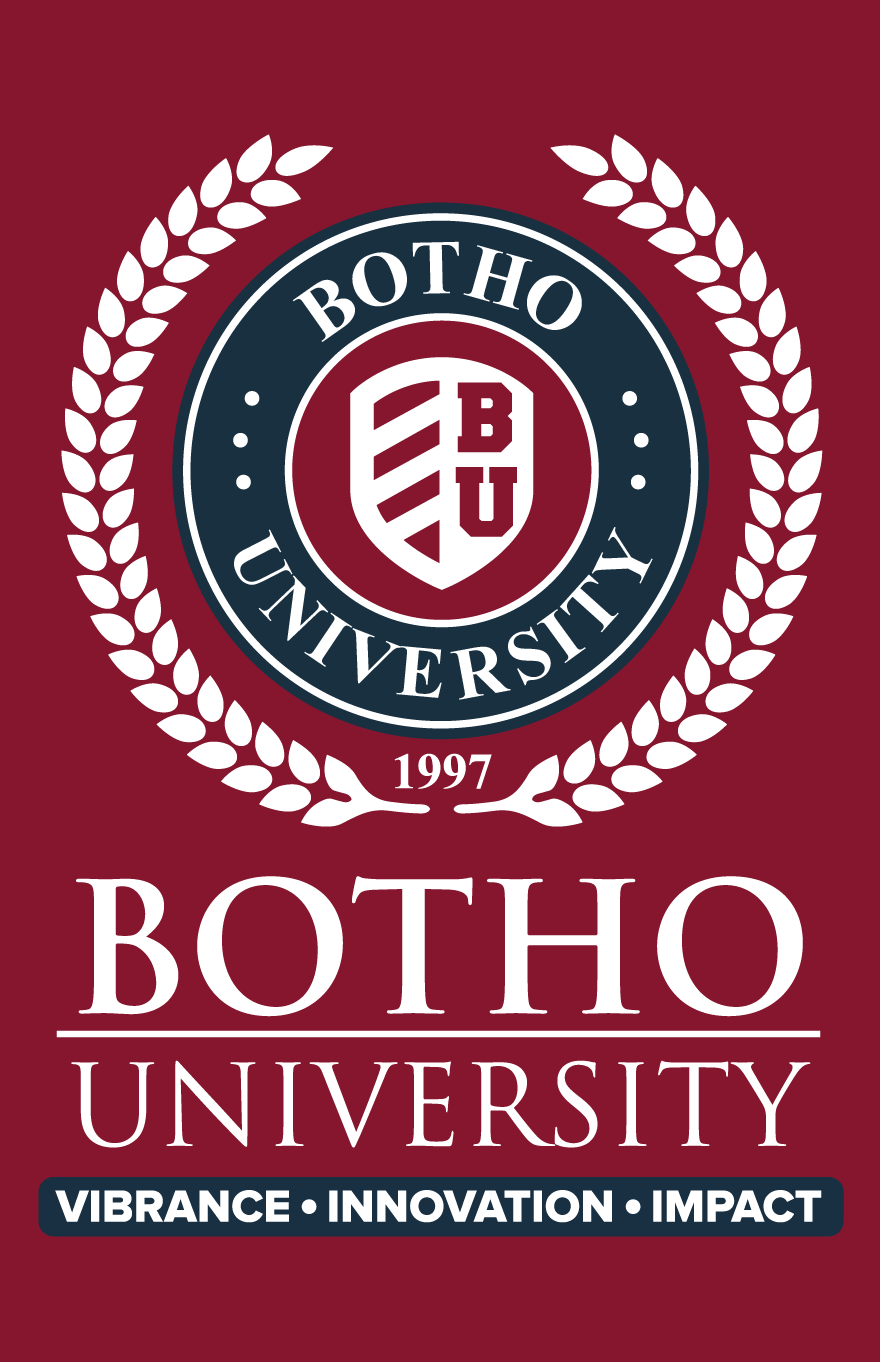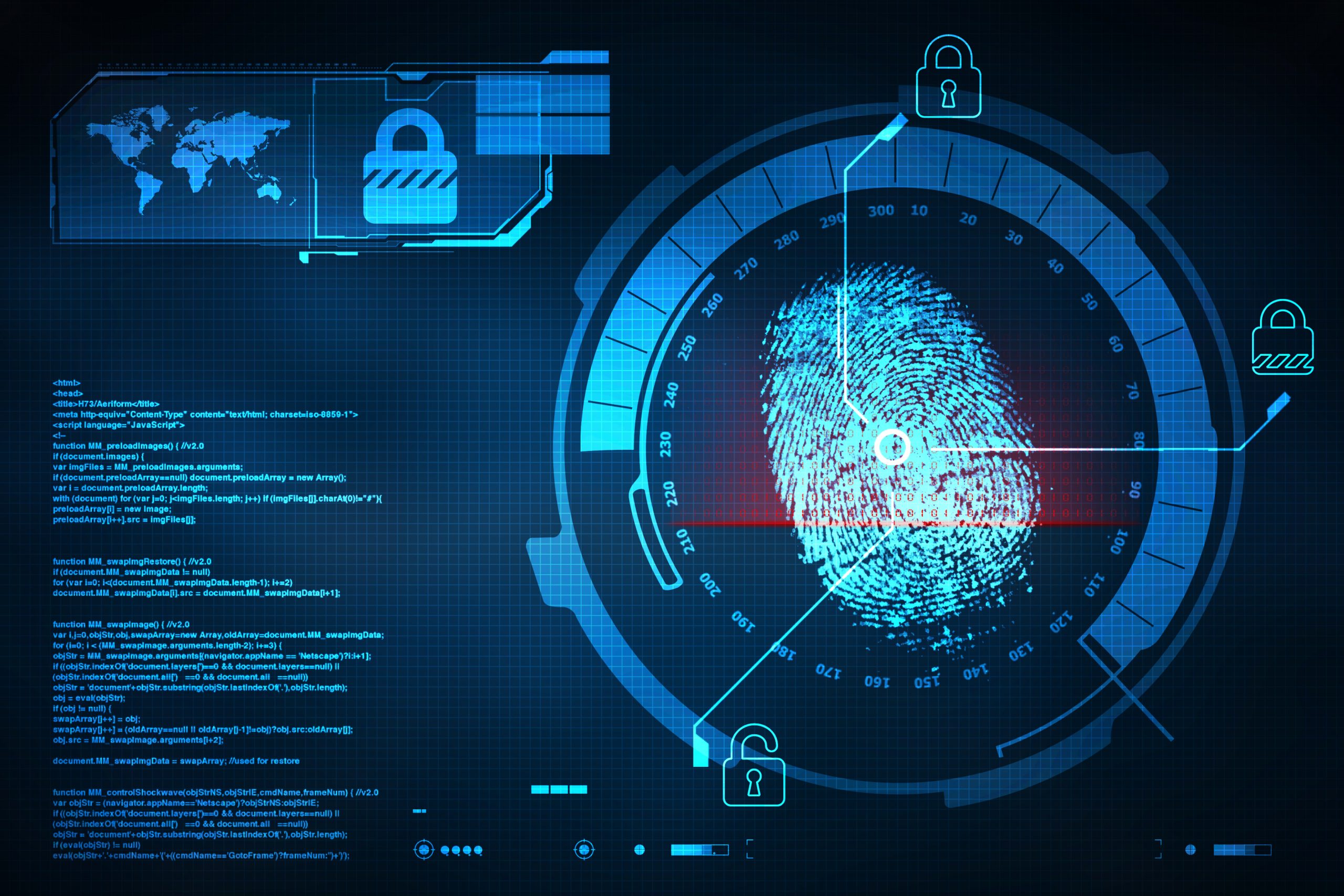This programme is designed to enable the students to create high-quality software applications for complex organisational environments, with an emphasis on good engineering practices that allow for ease of maintenance and the use of existing components. Candidates enrolled in this qualification will familiarise with the tools and rigorous methodologies used to develop mission-critical and safety-critical software systems. They will be equipped with skills to critically evaluate design paradigms, languages, algorithms, and techniques used to develop large-scale and complex software systems and a deep appreciation of the importance of software architecture, testing, documentation, and maintainability.
Admissions Criteria
- BGCSE/equivalent with 5 Passes.
Graduates of this programme can
- Develop strategies that drive the operations of financial institution
- Adapt and use specific software needed for industry, business, or function.
- Apply latest technology and tools.
- Analyse, interpret and apply Software Engineering principles in different functional units of an organization.
- Reflect on their managerial decisions and to assess the effect thereof in the holistic context of Software Engineering as a
practice.
Career Prospects
- Analyst Programmers
- Software Developers
- Software Engineers
- Software Testers
- Estate Administration
- Web Developers
- Solutions Architects
Skills Developed
- Programming Languages
- Software Development
- Data Structures and Algorithms
- Database Management
- Web Development
- Software Testing
- Object-Oriented Design
- Operating Systems
- Networking
- Project Management









